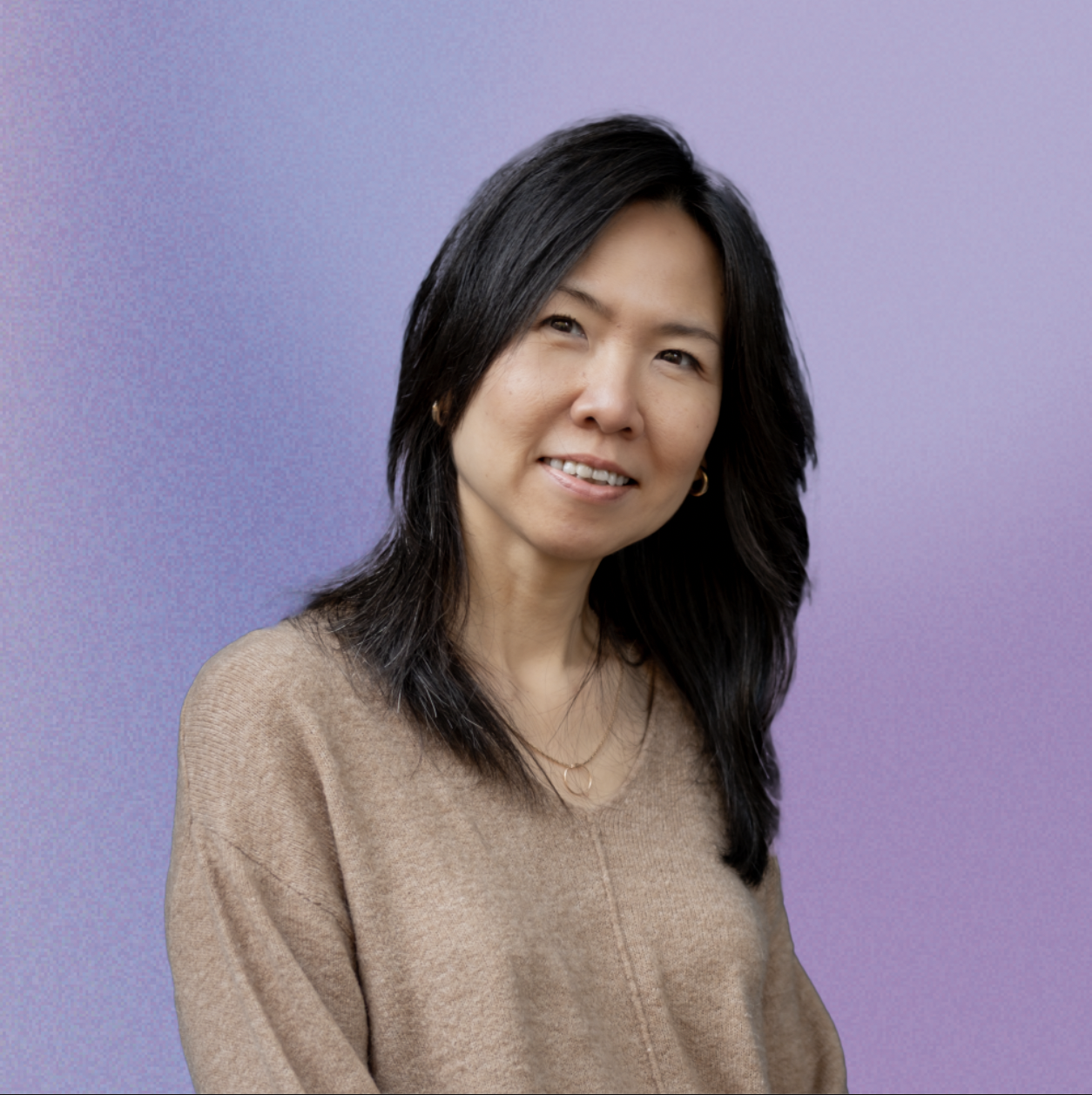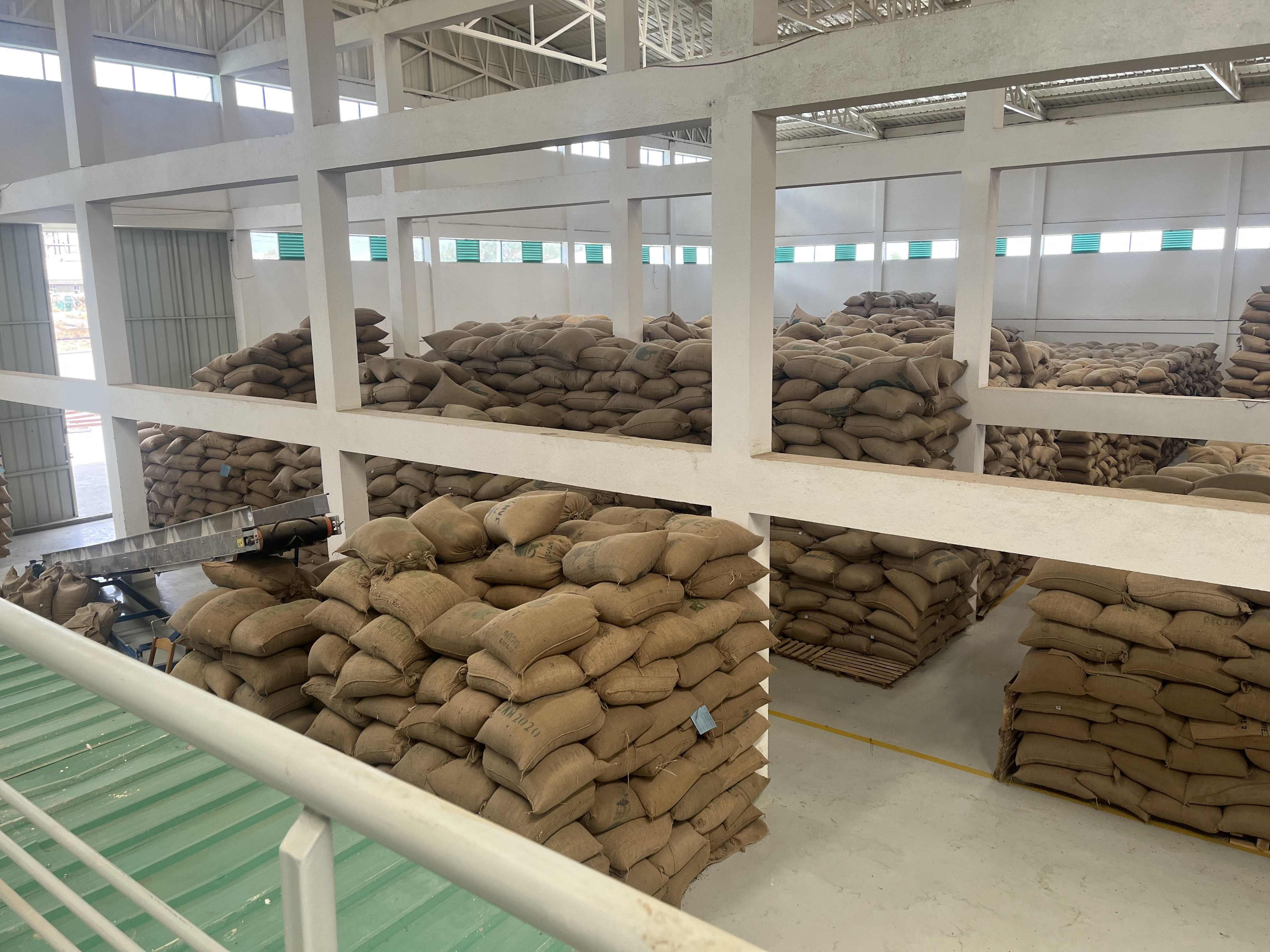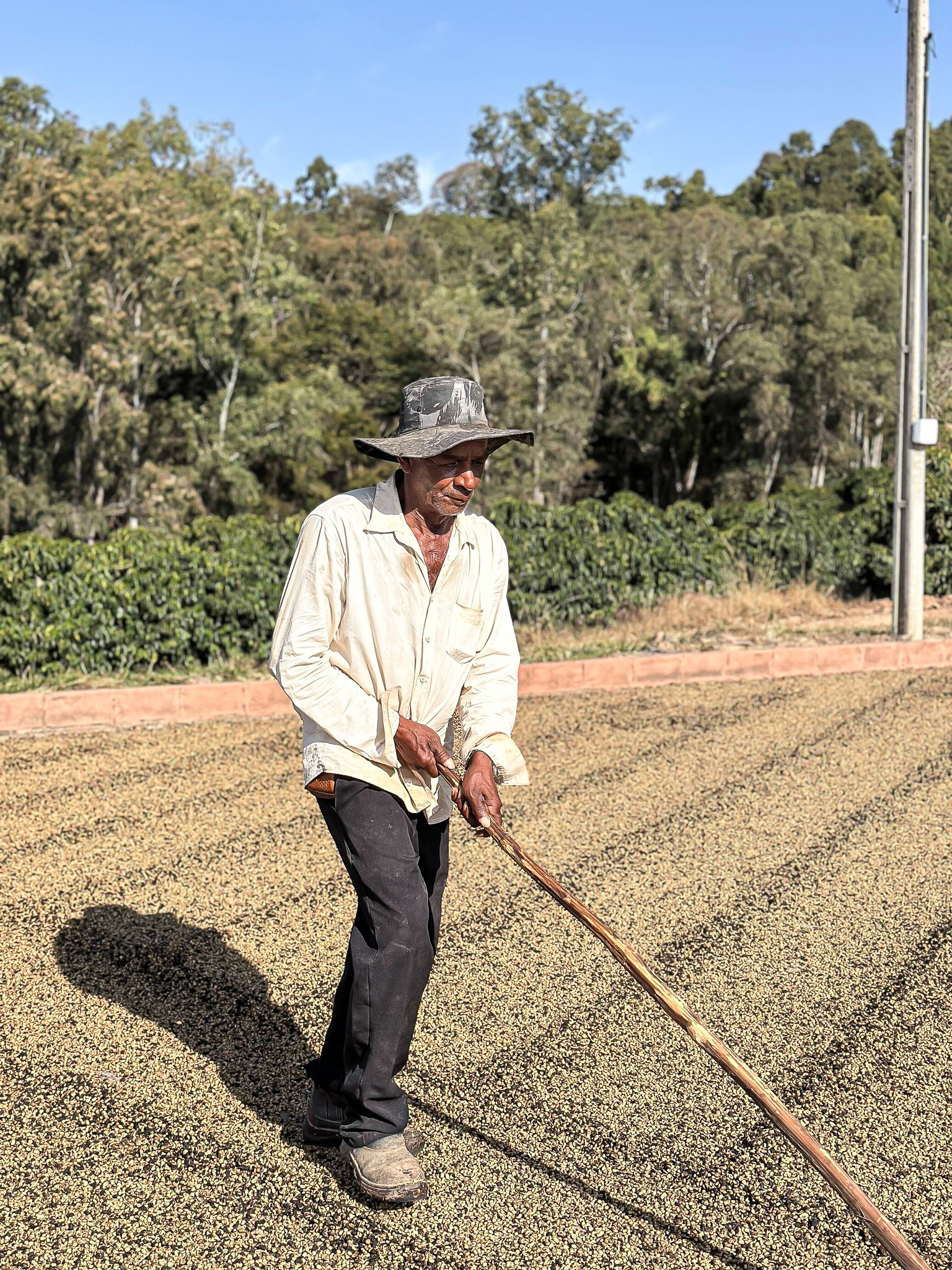El Salvador

A diverse range of processing techniques from just one region, sourced through our long term partnership that differentiates our portfolio.
We source specialty coffee from El Salvador because of our long-established, trusted partnerships in the origin. We started buying from there in 2012, but have had a relationship with our suppliers for more than two decades. As processing methods from El Salvador differ from other origins, we are able to source a diverse range of washed profiles, as well as honeys, naturals and experimental preps.
Harvesting season
December – March
Arrival times
April – June
Quantities
Varies from 5 – 50 bag lots, average is 20 bag lots
Packaging
69 kg grain pro bags
Cultivars
Bourbon, Catuai, Pacamara, & some rare excotic cultivars
Processes
Fully washed, soaked, double-soaked, honeys, naturals, and extended-fermentation.
Flavour profiles
Red berries, plum, stone fruit, florals, dried fruits, cocoa, & hazelnuts
Usage
Widely used for filters, as single origin espresso & in espresso blends.
Shelf life
Normally holds up well for 9 months to a year. We can never guarantee more than 6 months after arrival for any coffees.
El Salvador produces a range of quality, all-round coffees under a climate ideal for coffee production — especially for drying naturals and honeys. However, the washed profiles of this origin are also unique, as they are frequently soaked and double-soaked throughout their processing.
We source coffees directly from producers in two regions: Santa Ana and Usulutan. Our focus has been on forming personal relationships with the producers we work with. We mainly buy washed coffees of the Bourbon cultivar, as well as honeys, naturals, and experimental preps.
When we initially started working in this origin, we had a lot of room to gradually build the flavour profiles most interesting to us. We established certain processing protocols that were very different from the norms of the origin. Today, our supply has evolved into a stable and consistent array of products.
We work with one specific supplier, The Jasal Group, owned by the Salaverria family, 6th-generation coffee producers. The Jasal Group works with 5+ distinct processing methods, allowing us to source a very diverse range of flavour profiles from just one region.

A step-by-step overview

The main cultivars grown by the producers we work with are different types of Bourbon, including the famous, ancient Bourbon Elite, and a hybrid they call San Francisco - a cross between the old Bourbon and Pacas (a dwarf Bourbon). Other common cultivars are Catuai, Pacamara, while some lots are a mix. We also source experimental lots of other, exotic cultivars.
In El Salvador, the producers we work with have implemented an impressive picking standard. They pick the ripest and most uniform selection of cherries compared to the other origins we source from. They allow cherries to mature well before starting the picking process. The cherry pickers are very well trained, and follow strict quality control protocols on selection and hand sorting.
They usually have one opening pass, where the amount and degree of ripeness is relatively low. They later continue with two main passes for the best selection, and then a fourth pass to clean and strip the trees. If maturation is optimal and uniform, they might only do three pickings per area. There is a period of three weeks in between every pass, so that the cherries can mature properly.
The producers normally employ permanent and temporary workers for the harvest season. In most cases, our producers hire locally. They try to inspire loyalty and quality by paying their workers well. They also hire managers who monitor picking and hand sorting before the coffees go into production.
In El Salvador, there are three processes for washed coffees: washed (lavado), soaked, and double soaked. Most wet mills use mechanical pulpers like a Jotagallo or an Ecopulper, which begin the process by taking off the skin and pulp. The second step, which is optional, is to mechanically remove the mucilage by spinning it quickly. This can remove 80-90% of the mucilage from the parchment, while the rest stays on during drying. This is the standard washed process, which is referred to as washed or ‘lavado’. In other origins, it is often called ‘white honey’.
Many of our coffees are soaked, meaning that the parchment is soaked overnight in clean water to remove any remaining mucilage, as an additional step. We like this process as it results in a transparent cup profile and more uniform drying.
The Jasal Group also processes coffees as double soaked. Here, the cherry is pulped but no mucilage is removed. The coffee is fermented overnight (or longer) under water, until the mucilage breaks down. It is then rinsed and washed in clean water, and soaked again for another 10 hours. The extra soaking results in a brighter and cleaner cup profile. This procedure is similar to how coffee is traditionally processed in Ethiopia.
We have also been sourcing honey coffees from El Salvador. The producers keep all the mucilage on the beans (full honey), and dry the majority on raised beds in the sun. Some are dried on beds under shade and on patios.
As for naturals, most of these lots are also dried on raised beds in the sun or on beds under shade and on patios. Cherries for our anaerobic naturals are usually fermented in tanks for approximately as long as 80 hours, resulting in intense, fruity profiles.
Drying is traditionally done on concrete or clay patios, but many producers have also started using drying beds. The duration may vary depending on the altitude, as the temperatures are different. Many Central American coffees deteriorate quickly, even within 6 months of the harvest, possibly due to inconsistencies in the drying process. For this reason, we have consistently been in dialogue with the producers we work with to increase the duration and to try new approaches. In most cases, drying can be adjusted with layers on the beds, or by covering the parchment to let it rest and dry homogeneously.
Quality
El Salvador offers a variety of well-received coffees, benefitting from an excellent climate for coffee production, especially in drying naturals and honeys. Collaborating closely with our partners, we can procure a diverse selection of flavour profiles from just one region.
Producers in El Salvador uphold impressive picking standards, meticulously selecting the ripest and most uniform cherries. Maturation is consistently even, with careful attention to allowing cherries to fully ripen before harvesting. Highly trained workers, hired locally, maintain strict quality control during selection and hand sorting. Producers prioritise fair wages to foster loyalty and quality among their workforce, complemented by managers overseeing the picking and sorting processes.
Through extensive dialogue and trials, we actively explore ways to enhance drying times. Techniques like layering and covering parchment midway through the process, allowing for rest and achieving more uniform drying, contribute to improved ageing and cup profiles.
Our partners also have their own mill, Las Cruces, giving them full control over the entire production process – from harvesting to processing to milling.
Transparency
At the beginning of each season, we engage in thorough discussions with our suppliers to outline our buying requirements. They then produce coffees tailored to our specifications. Open communication is key: our suppliers transparently share their production costs, taking into account factors such as inflation. We understand that achieving higher volumes can reduce per-unit costs, benefiting both parties. Based on these discussions, we contract coffees within a mutually agreed product range and price framework, ensuring that we can always replace any product that doesn't meet our quality standards.
Our commitment to transparency extends beyond the initial agreement. We maintain open discussions with our suppliers year after year, adjusting our volumes and approach based on sales performance and cost structures. If certain coffees face high production costs, making them difficult to sell, we revisit these challenges collaboratively. By building market expectations for the specific coffees we work with, we educate our customers on the value of these products, aligning prices with production costs. This approach ensures a fair and sustainable relationship with our suppliers while consistently delivering high-quality coffees to our customers.
Impact
By fostering ongoing relationships and committing to these distinctive coffees, the Jasal Group, owned by the Salaverria family, directly influences the communities involved in the production process. Bonuses based on coffee performance and premiums are distributed to farm managers, reinforcing loyalty and dedication. The family prioritises a stable workforce by offering permanent employment to a significant number of staff members, with 50 to 60 workers residing on their farms.
Competitive salaries and efficient work systems are implemented for pickers, promoting good environmental practices. Worker well-being and safety are paramount, demonstrated through healthcare benefits and support for local clinics. The Salaverria family actively engages in community development, contributing to education and infrastructure initiatives.

About the origin
El Salvadorean specialty coffee is grown in ideal climatic conditions, in mountainous regions with nutrient-rich volcanic soil. Coffee farms benefit from the abundance of forest vegetation and dark shade, as well as high-altitudes.
Despite its once-powerful status as the fourth-largest coffee sector globally in the 1970s, El Salvador's coffee output has faced challenges in recent years. Modernization efforts in the 1950s propelled its success, but various incidents across the country contributed to the decline of production. A 20-year civil war (from the 1970s - 1992), long-term impacts on land policies, farm abandonment, and later Covid-19, are all challenges faced in the internal coffee industry.
Despite these setbacks, innovative producers within El Salvador, such as the Salaverria family, are navigating new pathways to revitalise the coffee sector and create opportunities for El Salvadoreans. The specialty coffee market, with its emphasis on quality and unique profiles, holds the potential to not only revive the industry but also empower the workforce. As the country faces these challenges, the resilience and innovation of its coffee producers become integral to reshaping the narrative of El Salvador's coffee industry on the global stage.
Interested in this origin? Talk to your sales rep.





What’s new?
The latest updates delivered to your inbox.
Subscribe to our newsletter for the freshest news on origins, harvests, new producers, our coffee list, and market insight.

.jpg)













.jpg)



.jpg)
.jpg)

